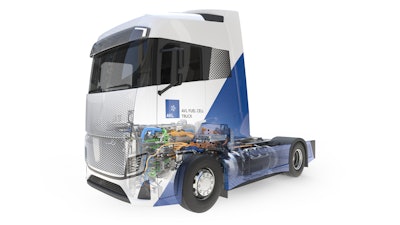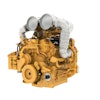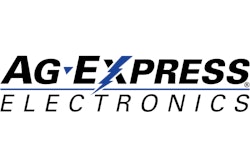
AVL and British startup Spark EV Technology aim to jointly predict whether and how fuel cell vehicles will get from A to B in a particularly energy-efficient and cost-effective manner — depending on route profile, driving behavior or even air resistance. To do this, the partners will use simulations and machine learning to determine the exact energy requirements for a specific route online and show how a journey can be planned and carried out in an energy-optimized way.
Hydrogen will play a significant role in the road to sustainable mobility. Commercial vehicles in particular, will benefit due to their high-performance requirements. To further strengthen confidence in fuel cell technology, AVL and Spark EV Technology have developed an intelligent energy management system for commercial vehicles. Leveraging patented control algorithms and software for predicting energy requirements, routes can be planned in advance via a digital map provider, making it energy and cost-efficient.
To achieve this, the partners will simulate a journey with a virtual truck, a digital twin. This will show how the energy requirement per kilometer is determined by route characteristics, altitude profile and driving behavior. Furthermore, parameters such as load or traffic volume are also taken into account. With Spark EV Technology’s machine learning driven energy prediction software, the predictions are becoming increasingly accurate. As a result, the operation of the fuel cell can be optimized, and energy consumption can be reduced.
The objective of the collaboration is to enable fleets to operate efficiently and in an environmentally way. To achieve this, the technology suggests when it is advisable to draw energy from the battery in order to reduce the load on the fuel cell. If the power requirement is high or the battery charge level is too low, the fuel cell is activated. With this intelligent operating strategy, hydrogen consumption can be reduced, while the size of the battery can be adapted and minimized. Gentle operation extends the service life of the cost-intensive components and reduces maintenance costs. Fleet operators can use the technology in the preliminary planning of their drive systems. It shows how profitable the inclusion of fuel cell trucks can be for their fleet.



















